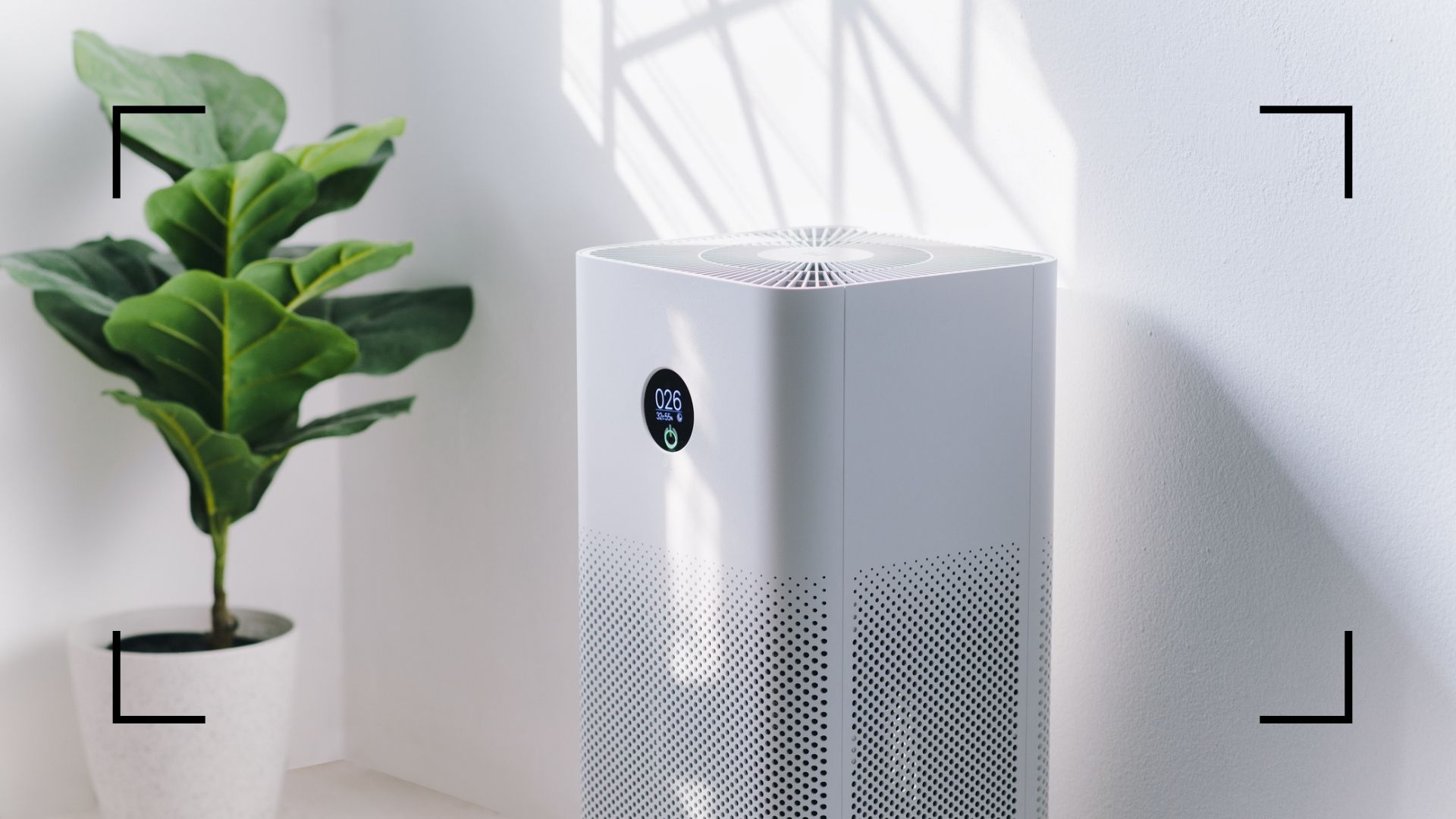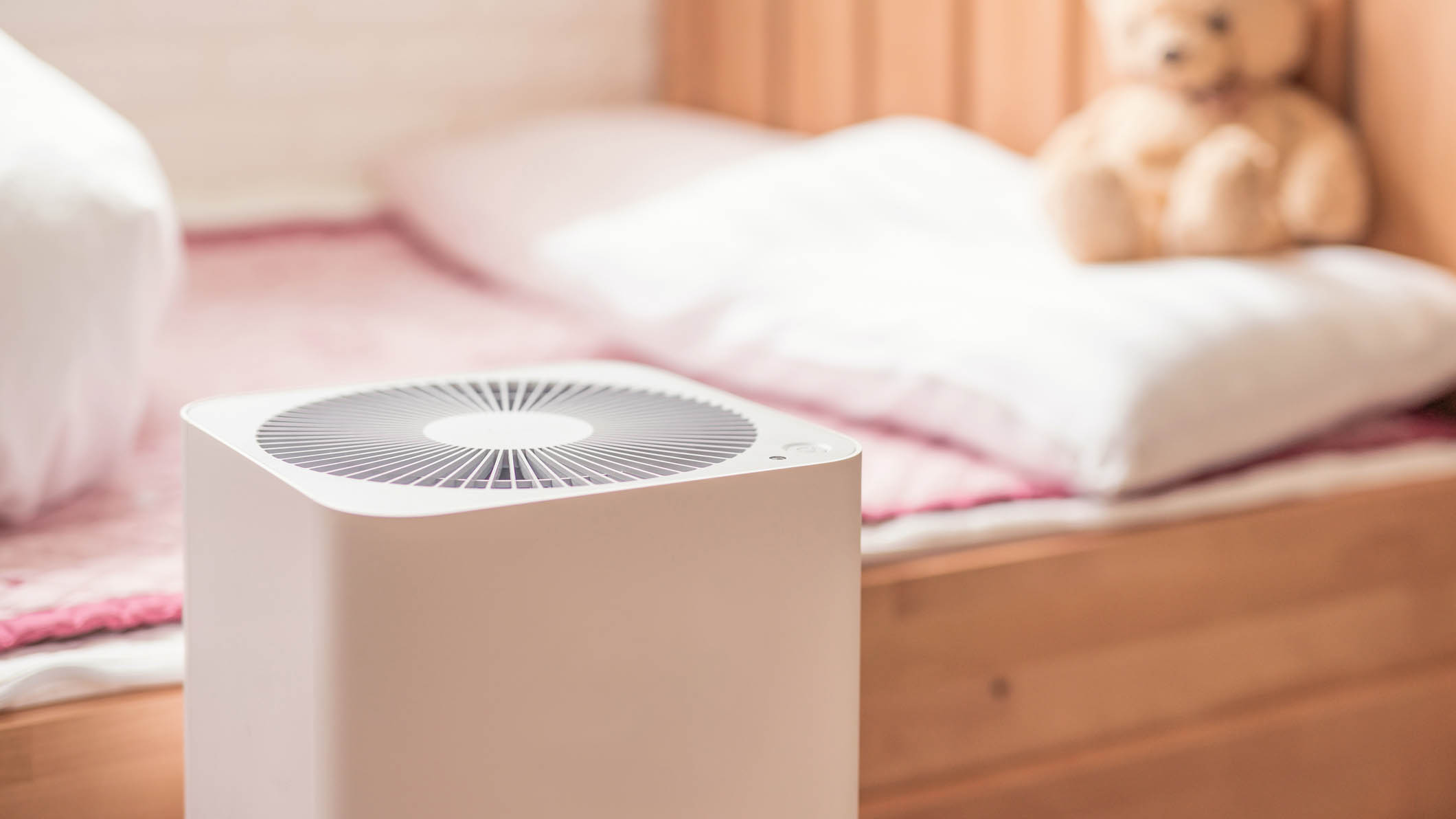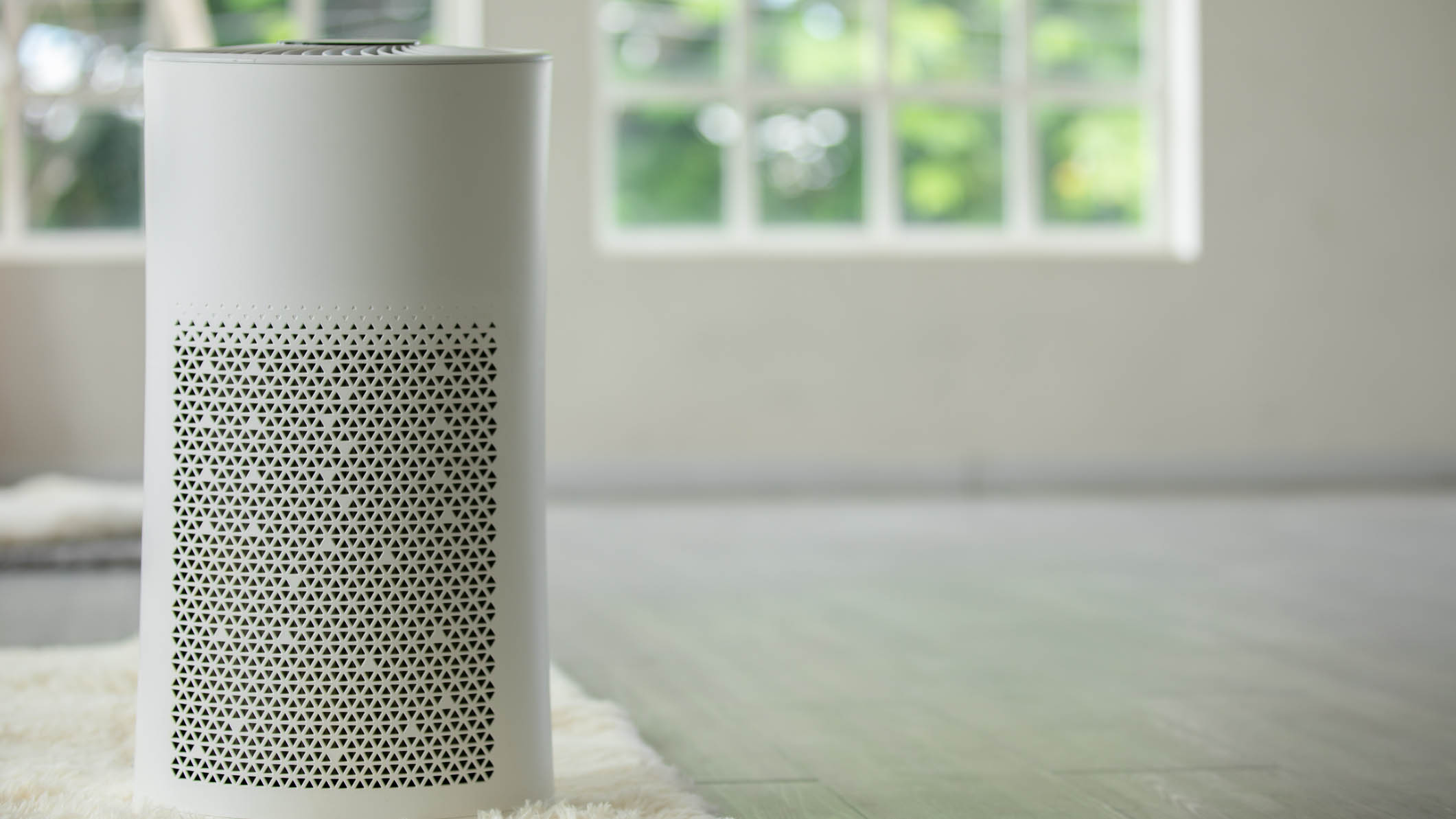5 air purifier benefits that may convince you you need one in your home
These air purifier benefits—from reducing germs to better sleep—may mean that this machine is a handy purchase for our health

Air purifier benefits are hotly debated within the air quality sphere, but generally, they are consider to be useful home gadgets for making the air in your home cleaner and less polluted.
The very best air purifiers are designed to filter out almost everything from the air that could damage you and your lungs as you breathe. From mold spores to traffic emissions, they have been created to purify the air in our homes, which can become mildly toxic from indoor and outdoor pollutants.
But what are the purported air purifier benefits and do people really see a positive impact on their health and homes after using one?
What are air purifiers meant to do?
There are several different types of air purifiers, but they all have the primary purpose of purifying pollutants out of the air around you. If you're wondering how air purifiers work, they essentially suck in the air from your room (most are only designed for one room at a time), filter out any pollutants or particles, and recirculate the cleaned air back into your home.
HEPA (high efficiency particulate air) filters, used in air purifiers, are designed to capture pollutants including: germs, allergens, and even some odours. Some of the higher-end air purifiers use extra technology for even more thorough purification, in addition to the HEPA filter, such as:
- Activated carbon—this is effective for absorbing odors
- Ultraviolet light purifiers—UV rays are used to kill airborne germs
- Electrostatic precipitators—purifiers with this technology use high-voltage electricity to charge the particles passing through the filter, leaving the "bad stuff" behind on the filter. Because of the debris left behind these purifiers require much more frequent filter changes, causing ongoing maintenance costs to rise steeply on these kinds of machines.
Some have more functions though—a selected amount are made to additionally eliminate odors, and others provide cooling as a good benefit. The best ones on the market will purify your air first and foremost, but it's a nice added bonus if they can do a little bit of everything. It's well worth knowing how to clean your air purifier too though, to keep it doing everything it's meant to as well as possible.

What are the best air purifier benefits?
We all know that air purifiers work to filter our air, but how can they actually benefit our bodies? Put simply, they can have a potential impact on everything from our sleep to our internal physical health.
Sign up to our free daily email for the latest royal and entertainment news, interesting opinion, expert advice on styling and beauty trends, and no-nonsense guides to the health and wellness questions you want answered.
Cody Stahl, Indoor Air Quality Specialist at EnviroKlenz said, "Air purifiers are a great item to have in homes to keep the air clean and safe to breathe. We spend a large percentage of our time in the home, and we should make sure the air is as clean as possible to avoid short and long-term health issues. Placing a third-party tested, high-efficient air purifier in the home helps to remove VOCs, allergens, dust, and other air pollutants, while also helping to remove odors and keep the home’s air fresh."
He continued, "The importance of indoor air quality has been highlighted during the pandemic, but the benefits go way beyond that. It’s proven that having good indoor air quality at home can help with sleep quality, allergy-like symptoms (especially during the winter), and even improve productivity while working from home.

It's important to note that air purifiers aren't miracle workers, and won't instantly leave you feeling like a new person. But as Stahl mentioned, there are some interesting potential air purifier benefits, including:
- Reducing germs—many seasonal bugs—like the flu or the common cold—are airborne diseases, meaning they are spread largely through particles around in the air. There is potential for air purifiers to capture some of these particles, so it's worth using one if someone in your home is sick with a viral airborne illness. However, it's worth noting that your air purifier's filter cycle will have to be operating quickly for the machine to be able to catch much (it won't catch them all) of the disease particles.
- Removing some odors—Just like airborne diseases and allergens, odors float through the air in tiny particles, and we smell those odours when we breathe them in. Air purifiers can be good at eradicating some of the unpleasant smells in the air—such as cooking smells—as they pull in these particles and remove them, before recirculating cleaner air.
- Removing harmful chemicals from the air—many harmful chemicals break down at room temperature, putting out noxious, smelly, and potentially dangerous gases. Even cleaning agents, like bleach, will emit noxious gases that can be harmful in an enclosed space in inhaled deeply. While keeping a window open and ventilating your space can be effective, it is not always practical—especially in cold, rainy weather. This is where an air purifier can come in handy, filtering much of these gases from the air, and thus reducing how much of it you breathe in.
- Easing allergies—we all know what causes allergies—namely pollen, dust, dander (material routinely shed from human bodies), amongst other things. These small particles cause things like coughs, sneezes and running noses. But air purifiers can effectively entrap these allergen particles and recirculate cleaner air around your home. It's worth noting that this works differently to a traditional fan—which will instead circulate those allergens through the room.
- Helping you get better quality sleep—allergens, bad odors, germs, and chemicals can all impact the quality and quantity of sleep we get. An air purifier in your bedroom can reduce the amount of these that you breathe in as you sleep. As such, air purifiers can potentially improve sleep quality for many.
To make sure you've got the best chance for receiving these air purifier benefits, it's worth knowing how to use your air purifier to its maximum potential first though
But if you're wondering, do I need an air purifier? It's important to note that according to the United States Environmental Protection Agency, air purifiers can remove many but not all pollutants in the air, so it may not magically be able to address all of the issues mentioned above. But, they have a great potential to improve things like sleep, allergies and to perhaps even prevent other health conditions from pollution occuring—so if you have the money to spend on one, we reckon it's worth the investment.
Amy Hunt is an experienced digital journalist specialising in homes, interiors and hobbies. She began her career working as the features assistant at woman&home magazine, before moving over to the digital side of the brand where she eventually became the Lifestyle Editor up until January 2022. Amy won the Digital Journalist of the Year award at the AOP Awards in 2019 for her work on womanandhome.com.

